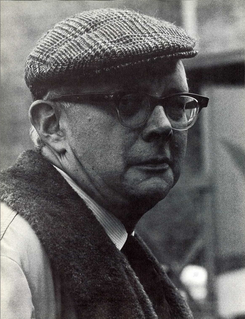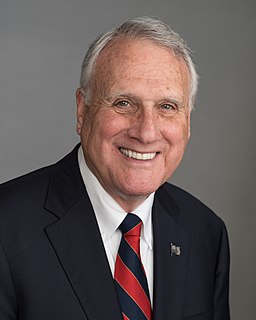A Quote by Samuel Johnson
The reciprocal civility of authors is one of the most risible scenes in the farce of life.
Related Quotes
The myriad-minded man, our, and all men's, Shakespeare, has in this piece presented us with a legitimate farce in exactest consonance with the philosophical principles and character of farce, as distinguished from comedy and from entertainments. A proper farce is mainly distinguished from comedy by the licence allowed, and even required, in the fable, in order to produce strange and laughable situations. The story need not be probable, it is enough that it is possible.
If melodrama is the quintessence of drama, farce is the quintessence of theatre. Melodrama is written. A moving image of the worldis provided by a writer. Farce is acted. The writer's contribution seems not only absorbed but translated.... One cannot imagine melodrama being improvised. The improvised drama was pre-eminently farce.
John Stuart Mill, in his wonderful 1859 book On Liberty, talks about civility. And this is why you should always be concerned about calls for civility. He points out that civility ends up getting defined by the people who are in charge. And you'll notice that when people argue for civility, they tend to actually believe that whatever they say is civil. And if they're angry about it, it's righteous rage. But if you say it and it's kind of sharp or mean, then it's incivil. ... And sometimes, disagreement-to be productive-can't be all that civil.





































